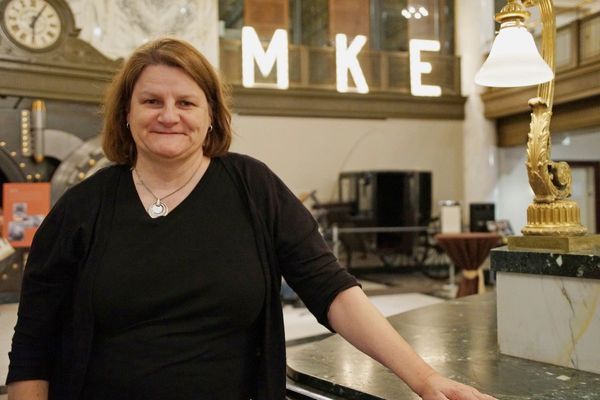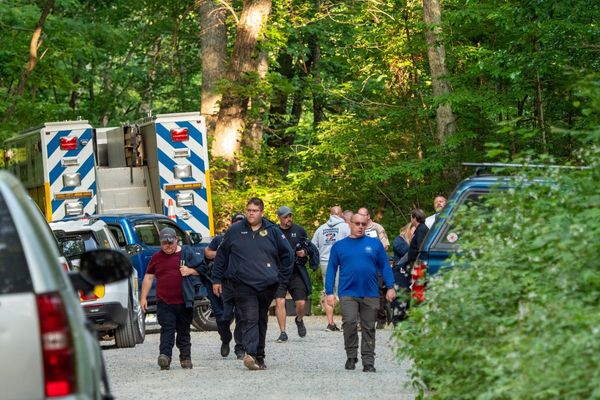Detectives have an eye to analyze details. They see what others miss. How do they do it?
It starts with the ability to notice slight deviations between what's normal and what's out of place. If something is amiss, it arouses their curiosity. This often happens during an interrogation. When a suspect's words and nonverbal cues do not align, it can trigger more intense questioning.
"It's a combination of training and experience," said Chelsea Binns, co-editor of "The Art of Investigation." "You learn not to have any preconceived notions of what you encounter every day. Your intuition gives you a sense of what to look for" and what doesn't seem right.
Detectives also know how to direct their attention to what matters most. In observing how someone dresses or decorates their office, investigators gather valuable information about them.
We may have fuzzy memories or draw faulty conclusions about what goes on around us. That's why when interviewing a witness, detectives use a mix of pointed questions to assess the accuracy and reliability of what they hear.
To improve your powers of observation, think like a detective and scrutinize your surroundings. How can you analyze details to gain more insight?
Overcome Biases To Analyze Details
To do their job, detectives cannot let their biases interfere. They keep an open mind based on what they see and what they learn from others.
"It starts with having theories about what happened, but you have no idea if you're right," said Binns, associate professor at John Jay College of Criminal Justice. "So you get the facts and evidence to test your theories. Then you make a timeline of events based on what you learn from witnesses and piece it all together."
Build Rapport
To unearth the truth, set the stage for others to open up to you. Listen without interrupting and don't make them feel self-conscious.
Recording a conversation — or taking notes while someone raises a sensitive or emotional topic — can prove stifling. Instead, maintain empathetic eye contact.
"Years ago when I took statements (from witnesses), I'd take notes and it made people nervous," Binns said. "They don't have to talk to you, so you want them to feel comfortable. They'd ask me to please not take notes."
If you're keen to capture every word, enlist a colleague to join you. A second set of eyes and ears can free you to concentrate fully on the speaker without your notepad.
Pause And Look Around When You Analyze Details
If crunched for time, you may jump from meeting to meeting without paying close attention to your environment. The result: You miss clues that lead you to gather information and make better decisions.
"When detectives arrive at a scene, they don't rush in," said Wilson Marrero, an assistant professor at Molloy University. "First, they step back and take it all in."
As you enter a room, look at the attendees and take stock of their mood. Notice who's sitting where, what they're doing, and how they respond to you. Use these details to lead a richer, more rewarding meeting.
Adjust Your Line Of Inquiry
You can ask penetrating questions, but evasive respondents might stoke confusion with cryptic or contradictory answers. Keep plugging away without losing your cool. "Find another avenue of questioning if you're not getting the information you're looking for," said Marrero, a retired detective. "We never give up."
Embrace Healthy Skepticism
It's tempting to believe crime victims who confidently describe their attackers. But detectives know that a victim's confidence in identifying their assailant does not guarantee accuracy.
"Detectives develop skepticism," Binns said. "It's a little voice that tells you maybe what (the witness) saw isn't what they think they saw."







